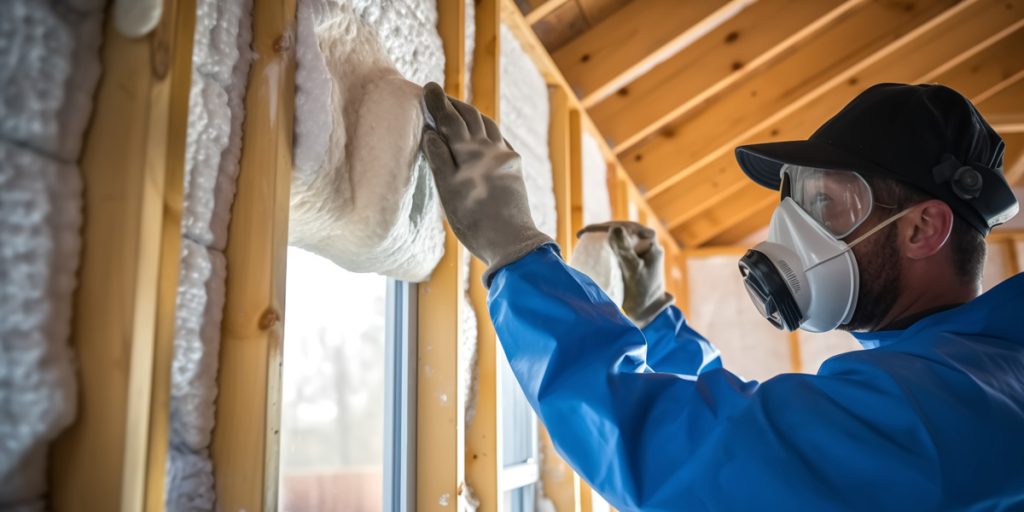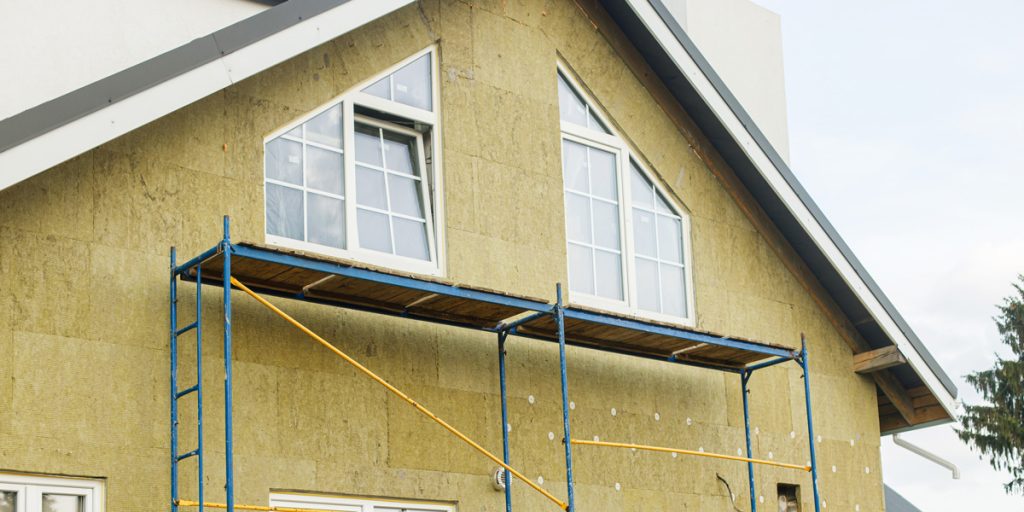With the rising cost of living, including essentials like gas and electricity, households are increasingly looking for government grants to help with home improvements that can reduce energy bills and save money. Additionally, local authorities, energy companies, charities, and other agencies may offer simple energy advice and various funding options that complement some of the grants and schemes designed to assist low-income families.
Here are some key examples of grants or funding for energy-efficient home improvements that can enhance a home’s thermal efficiency or make energy costs more affordable:
- Energy Company Obligation (ECO4) scheme
- Great British Insulation Scheme (GBIS)
- Renewable Heat Incentive (RHI)
- The Green Deal Scheme
- The Winter Fuel Payment
- Cold Weather Payment
- The Warm Home Discount
Government Grants for Energy Efficiency Upgrades
Government grants for energy efficiency home improvements include, but are not limited to:
- Cavity wall insulation
- Internal wall insulation
- External wall insulation
- Loft insulation
- Underfloor insulation
- Solar panels
- Air source heat pumps and ground source heat pumps
Grants for Homeowners and Tenants
Government grants to install energy efficiency measures are available to both homeowners and private tenants with their landlord’s permission. Landlords can also apply these changes if the occupant meets the necessary criteria. Many have qualified for energy-efficient home improvement grants even without receiving qualifying benefits if they are in low-income households (annual combined income of £31,000 or less).
Main Government Grants for Home Improvements
ECO4 Scheme
The Energy Company Obligation is the government’s flagship energy efficiency scheme, funding home improvement measures to boost energy efficiency and reduce household bills. Launched in 2013 and funded by main energy suppliers, it aims to reduce carbon emissions and help the UK reach its net-zero target by 2050. To date, around 3.5 million energy efficiency measures, including free insulation, have been installed in over 2.4 million homes under the ECO scheme.
ECO4, the fourth and final version, will run until 2026, focusing on low-income households with energy-inefficient homes to better retain heat and lower energy bills.
Great British Insulation Scheme (GBIS)
Running from Summer 2023 until March 2026, GBIS extends support to households needing new insulation measures but who were previously ineligible under existing government-backed schemes. It aims to help as many households as possible with measures like loft insulation, cavity wall insulation, solid wall insulation, underfloor insulation, and flat roof insulation. Secondary heating controls may also be funded.
Qualification for Government Grants
You may qualify for government grants for homeowners through ECO4 if you receive specific eligible benefits, are a homeowner or privately renting tenant, and your home has a low EPC (Energy Performance Certificate) rating. Some qualifying benefits include:
- Income-based Jobseekers Allowance (JSA)
- Income-related Employment and Support Allowance (ESA)
- Warm Home Discount Scheme Rebate
- Child Benefits
- Income Support (IS)
- Pension Credit Guarantee Credit
- Working Tax Credit (WTC)
- Child Tax Credits (CTC)
- Universal Credit (UC)
- Housing Benefit (new eligible benefit through ECO4)
- Pension Credit Savings Credit (new eligible benefit through ECO4)
The Great British Insulation Scheme (GBIS) Details
- Up to £15,000 in home improvement grants
- Available to those not currently benefiting from government support
- 80% of funding for homes with an EPC rating of D or below or in lower Council Tax bands
- 20% of the fund targeted at the most vulnerable, including those on means-tested benefits or in fuel poverty
Other Available Schemes
The Green Deal Scheme
Although no longer active, this scheme previously provided funding for energy efficiency measures like renewable energy sources (solar panels or heat pumps), energy-saving heating, double glazing, draught-proofing, and various insulation types.
Domestic Renewable Heat Incentive (RHI)
Known as RHI, this scheme encouraged the use of renewable heating systems like heat pumps or biomass boilers. Eligible households received quarterly payments for seven years for using these systems exclusively.
The Winter Fuel Payment
This financial aid offsets high winter heating costs, offering payments between £250 and £600 to those born on or before September 25, 1957.
The Warm Home Discount
This one-off payment of £150 is available to households that qualify based on their energy supplier and specific criteria like receiving Pension Credit Guarantee Credit or other means-tested benefits.
The Cold Weather Payment
This payment is available when the average temperature in the UK drops below zero for seven consecutive days. Eligibility includes those already receiving benefits like Income Support, Jobseekers Allowance, Pension Credit, or Child Tax Credit (including childcare for a child with a disability).
Disabled Facilities Grants
Local councils provide Disabled Facilities Grants for essential home modifications to help disabled individuals live more independently. These grants cover work like widening doors, adding handrails, improving access, building extensions, or providing suitable heating systems. Disabilities covered include physical, learning, age-related needs, autism, cognitive impairment, progressive conditions, terminal illness, or mental health conditions. Local Home Improvement Agencies (HIAs) may offer practical help with these modifications.



